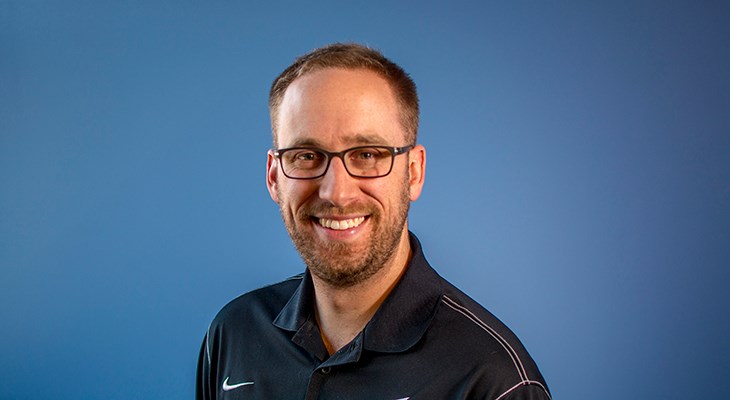SkySpecs CEO Danny Ellis has raised a few rounds of funding — six in total — and has learned several lessons from the experience.
"A lot of mistakes in the early days," Ellis says. "We probably over diluted ourselves."
But in some cases, not listening to the advice of others paid off. For instance, there were doubters who believed the company would have trouble fundraising if they stayed in Michigan.
"In the early days, we were told if you want to succeed at fundraising, you've got to go to San Francisco, New York, maybe Boston, because we were in robotics. And we said, No, we like being here. We're not moving the company. That's something I would do again," he says. "And these days, you look back and say, well, we've had a lot of success in this in this area. So, it makes sense. But in 2012, when we started, it didn't make sense. And we were resistant to that. So, I would honestly do it again, even though it was a difficult timeframe."
Being a Midwest company, he said during the Detroit Smart Business Dealmakers Conference, actually helped the business when it came to valuations, even if the choice made it a longer road.
"Our valuations have not been astronomical," he says. "They have not been in what you see in Silicon Valley companies. But it also helps you weather these storms because they're realistic. For us, we always tried to raise on what we actually delivered on, not some future — there's obviously always a future promise, but it wasn't an unattainable future. We weren't selling on overhyping anything. It was our actual plan moving forward. And I think that helped tremendously."
He says the company also got advice to stay away from strategics.
"And we went headfirst into strategics," Ellis says. "And that's also helped us. Around our board is six of the world's largest wind farm owners. And that helps tremendously when we're trying to move that industry forward. People tried to scare us away from strategics, saying you don't want to be into the corporate venture world. And we went headfirst into it. So that I would do again."
He also raised a round from friends and family in the early days, which he was also told not to do.
"It's a very difficult concept because by bringing them in, you now owe them something," Ellis says. "You owe them returns. But at the same time, you don't want to say no because they want to help you on your journey. Specifically, this is the only job I've ever held. I came straight out of college and did this. So, when your friends and family are like, I want to get your career started, let me help. You can't say no, don't help me. And if you have a huge success and you turn them down, then they'll be like, I wanted a return on my money there. So, it's a very difficult conversation."
He says at every investment stage, the company was warned that the next group of investors — at the B stage, then C stage, for example — would be sharks. But he says at every stage they were able to find incredible investors and continue to grow that team. The key was finding the right people.
"You've got to spend a lot of time finding the right people that want to back your vision, not just want to back the company financials or the market that you're in," he says. "You got to find someone who's willing to go on that journey with you and back the vision through the highs and lows."
It's also important to have a strong team behind you. Ellis says he now hardly does anything in the day-to-day business because he has a strong team and a deep bench of people behind all of them who run the business.
"I've said from day one, my goal has been to hire people smarter than me and get out of their way. And so, it frees up my time to go spend the endless hours talking to investors, talking to partners, talking to acquisition targets, because you got to go through 999 failures before you find the one success," he says. "And if you're trying to simultaneously be your top developer or top salesperson or whatever inside the business, you can't balance a time on both of those. It's really hard. So, by having a strong team, they have the trust in me to go do the investment side, I had to trust in them to build the business and to have something to point to say, This is what you're investing in, has given us that opportunity."




